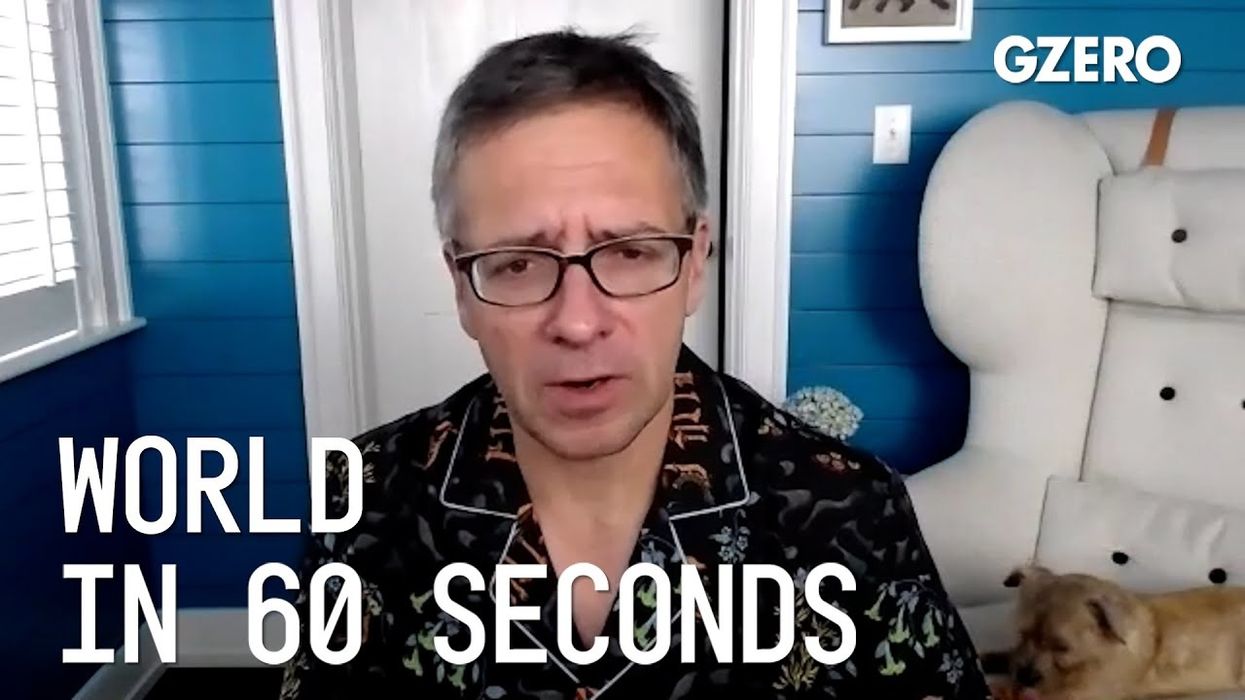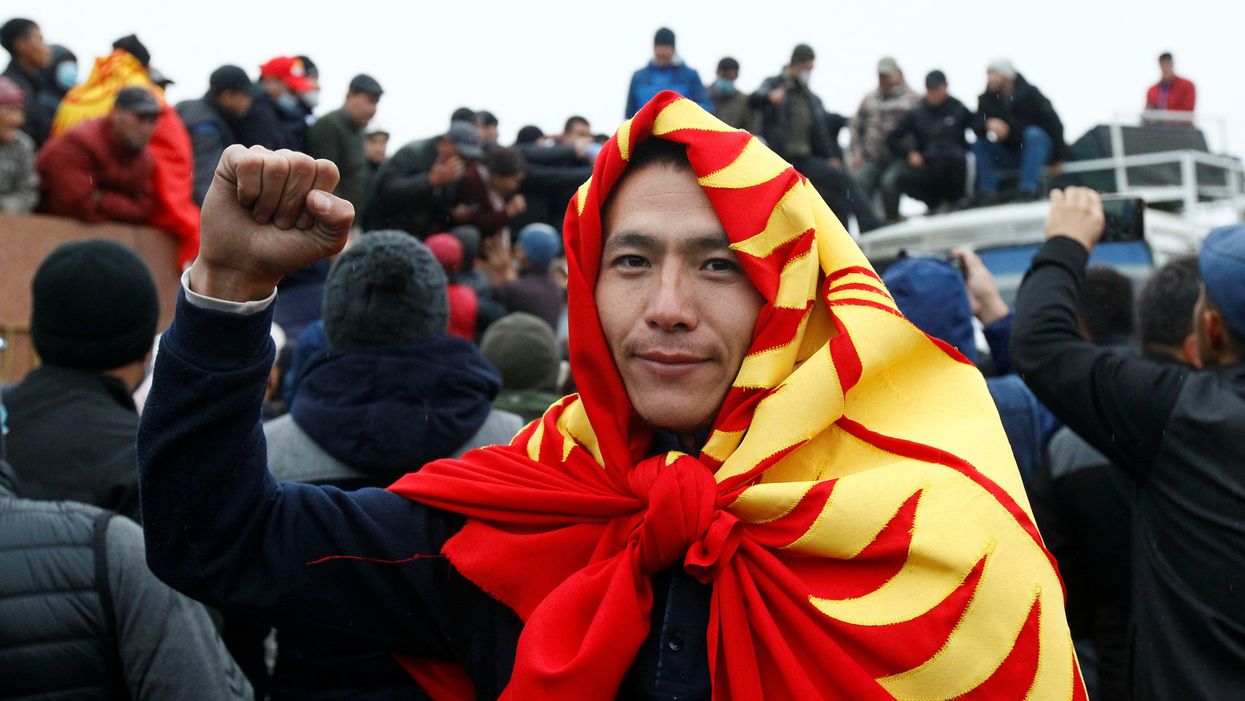ask ian
Kyrgyzstan unrest; Trump better than ever post-COVID
Ian Bremmer shares his perspective on global politics on this week's World In (More Than) 60 Seconds:
Number one, what is going on in Kyrgyzstan? What's the update with the conflict between Armenia and Azerbaijan? Okay. Final question. Will Trump change his views on COVID after contracting the virus?
Oct 06, 2020


